Practice Radical Empathy. It can save your marriage.
What is Radical Empathy?
Radical Empathy. Sounds like a crazy idea doesn’t it? How can empathy be radical? But applying the principles of Radical Empathy to your relationship can help you and your partner grow closer and deepen your sense of connection.
Define Radical Empathy
Radical Empathy is an approach that came out of the Social Justice world. Its goal is to foster peace by helping waring sides fully understand the other side’s point of view. Not by agreeing to their point of view, but really understanding how they see the world.
“Radical Empathy encourages people to actively consider another person’s point of view – even when we strongly disagree – in order to connect more deeply with them.”
It is also sometimes referred to as Radical Compassion.
What is radical empathy?
Let's start by understanding empathy. Wikipedia defines empathy as: “The capacity to understand or feel what another person is experiencing from within their frame of reference, that is, the capacity to place oneself in another's position.”
I think that’s a good start. But to me, it sounds too cognitive, there’s no mention of feelings. And I believe that the power of empathy comes through the sharing of feelings. I define empathy as “the ability to understand and share in another person’s emotional experience”.
Empathy Examples
Imagine your partner is telling you about an upsetting experience she had when her boss criticized her at work. For you to have true empathy for your partner, you have to connect with her on two different levels.
1. Adopt her perspective. You have to understand how she is viewing the situation (e.g., it was humiliating, and my boss is a jerk). You don’t have to agree with her perspective – but you need to be able to see it the way she sees it. And, most importantly, not try to change her point of view (e.g., “I think you’re overreacting”, “ I don’t think that’s what he meant”, or “I’m sure it wasn’t that bad”). You’re not helping when you correct your partner’s experience, you are telling her you don’t care.
2. Experience what she’s feeling. If the experience made her sad, you need to be able to recognize her sadness and share it with her.
So, empathy is the ability to share both the other person’s perceptions and their emotional experience. When I am empathetic with another person we are “attuned” or “in-synch”. I don’t have to agree with the way they see the situation or how they are responding to the situation. But I understand how they see it, and I can connect with how they are feeling in their experience.
“Empathy is about standing in someone else’s shoes, feeling with his or her heart, seeing with his or her eyes.”
Empathy vs. sympathy
The terms empathy and sympathy are often confused. However, the two concepts couldn’t be more different. As Brene Brown said, “Sympathy is feeling for someone, while empathy is feeling with them.” For example, if you tell your friend about a painful experience, they can respond in two ways.
Sympathetic: “Boy, that must have really hurt.”
Empathetic:” I can see why you’re so upset. I would be devastated if that happened to me. It makes me sad to even think about it.”
“Empathy is communicating that incredibly healing message of ‘you are not alone’” ”
Our Own Anxiety Creates a Barrier to Empathy
When someone we love is upset, it makes us upset and anxious. We immediately want to help them to feel better because we are uncomfortable. Unfortunately, the way most of us try to do that only makes matters worse. Our natural instinct is to minimize their pain rather than empathizing with their pain.
Let’s go back to the example where your partner is upset because she was criticized by the boss. She’s very upset by the experience, maybe she’s crying or yelling or both. This upsets you and inside you want to calm her down. Your natural reaction is to minimize her experience, and you say something like:
“It doesn’t sound that bad.”
“I bet he was just trying to help you.”
“You shouldn’t be so sensitive you have to toughen up.”
Instead of empathizing and seeing it through her eyes (whether you agree or not), you’ve just told her that she’s wrong. And now, she feels let down by her partner and even more alone. And there’s a good chance that some of the anger she has for the boss will now get directed at you.
It’s a natural human reaction. When someone is hurt we try to tell them “it’s not that bad”. But all that does is make them feel more hurt, alone, and wrong.
The path to empathy lies in seeing it through her eyes rather than denying her experience. By being on her side.
“What a jerk.”
“It makes me angry just to hear about it.”
“That would really ruin my day.”
Using Radical Empathy
Radical Empathy takes our natural empathy and cranks it up a notch by making a conscious commitment to:
1. Be open
2. Let your partner to be upset
3. Listen carefully
4. Actively seek to understand their perspective
5. Allow yourself to share in their feelings.
We practice radical empathy when we have the courage to use our own vulnerability to help us shift from the defensive mode (It’s not so bad) to a connected mode (I feel that way too).
The goal of Radical Empathy is to create an emotional connection so that you, and your partner, feel you’re on the same team, have a shared experience, and that neither of you is alone. You know you’re practicing Radical Empathy when your words, actions, and feelings communicate:
I see you.
I hear you.
I feel you.
I am here with you.



